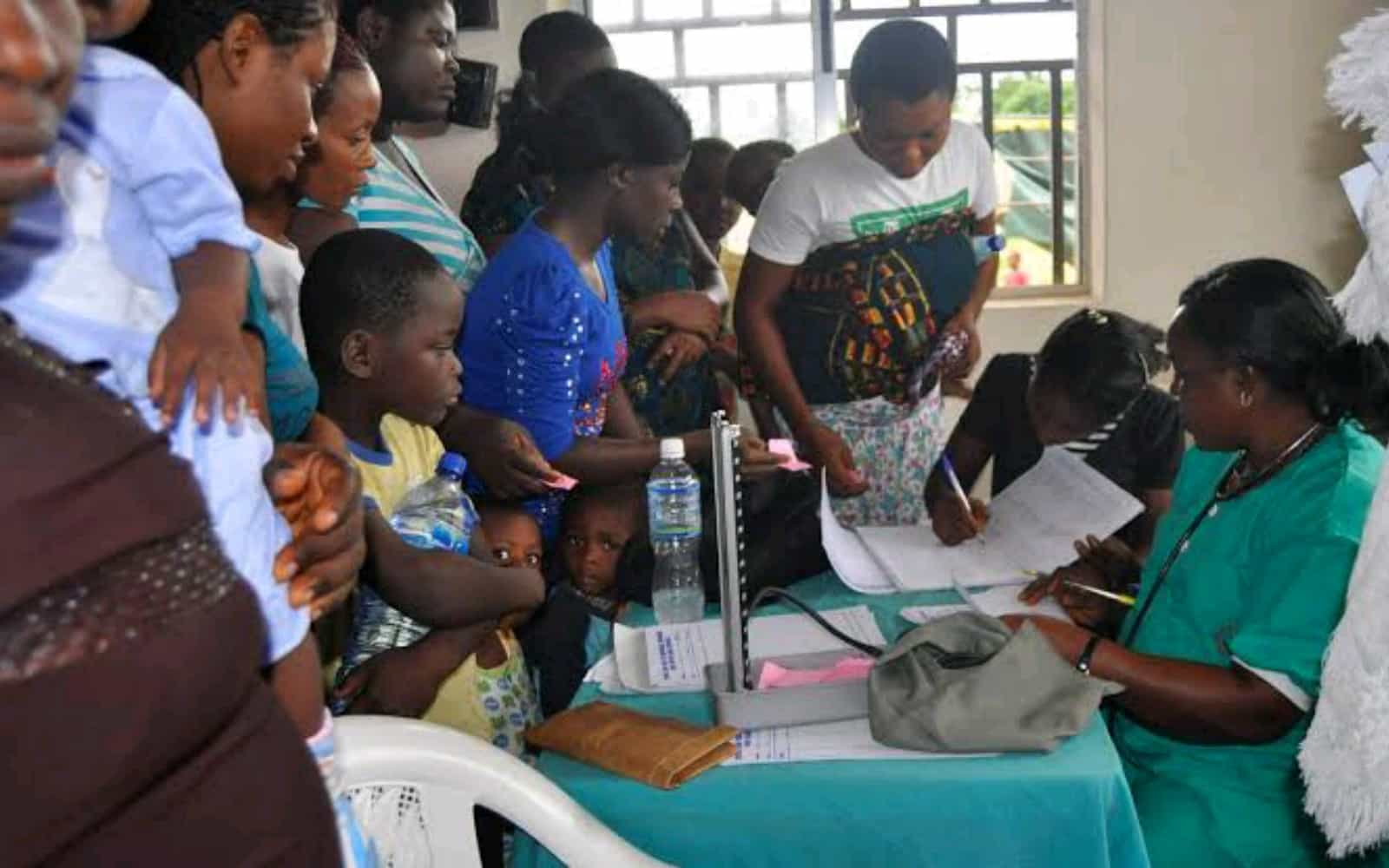Some experts have raised concerns over the incessant prescription of antibiotics by health workers, saying it could lead to increased fatalities from infections and wounds.
According to them, this will be as a result of built up resistance to antibiotics by infection-causing germs.
The experts spoke at a virtual media dialogue organised by St. Racheals Pharma to mark 2021 World Antimicrobial Awareness Week (WAAW).
Dr Esohe Ogboghodo, a Public Health Physician, said:” Antibiotics are being over-prescribed by health workers.
“Sometimes, as a result of patient’s demand, while they are also being over-used by the public.
“Poor adherence to antibiotics prescription by individuals has also been implicated.
“Factors contributing to poor adherence to antimicrobial treatment include financial incapability to purchase full dose, long duration of treatment and side effects experienced.
“Furthermore, the unfinished doses of antimicrobials are usually kept for future use, or given to other persons with similar complaints.”
She also traced the causes of antibiotics resistance to factors which include unrestricted access by members of the public to antibiotics, which often result in abuse.
Ogboghodo is also the Head, Department of Public Health and Community Medicine, University of Benin Teaching Hospital (UBTH) and the Chairman of UBTH’s Infection Prevention and Control.
“Unrestricted access to antimicrobials over the counter from pharmacies, under-regulated patent medicine vendors and hawkers may be the biggest driver of resistance in Nigeria.
“These stores often sell drugs that are outside the list of medicines approved for them.
“In addition, there are also several itinerant drug sellers that go about hawking unapproved and often poor quality medicines to the public including antimicrobial agents.
“The ease of access and overuse of antimicrobials have resulted in an increasing resistance of bacteria to antibiotics, which is paradoxically leading to a loss of effectiveness.”
On the consequences of antibiotic resistance, she said: “Antibiotics reduce the doctor’s choices of treatment, limiting specific antibiotics suitable for that infection.
”Thus, the physician is forced to choose an antibiotic which may be expensive or perhaps more toxic and potentially moderate pharmacokinetics for a particular infection.
“It increases mortality. Many hospital acquired infections are already caused by bacteria resistance to all known antibiotics and many researchers believe that we will return to the pre-antibiotic period.
“It increases human pain, infections become refractory, and the patient remains in hospital longer than they would have or are forced into the hospital, because it is necessary to use intravenous therapy.
“The occurrence of resistance in hospitals is considered an indicator of poor quality care services’’ she said.
Another panelist, Dr Bamidele Mutiu, a Consultant Clinical Microbiologist at the Lagos State College of Medicine and Lagos State University Teaching Hospital, also blamed health practitioners for contributing to antibiotic resistance situation in Nigeria.
According to him, some doctors prescribe the drugs without proper investigation to ensure whether or not antibiotics are required.
“The theme of this year’s WAAW – ‘Spread Awareness, Stop Resistance’ should start with health practitioners.
“Every time we come in contact with patients, within and outside the hospital, we should tell them ‘you don’t need antibiotics unless it is indicated, backed up by laboratory diagnosis, microbiological evidence and sensitivity testing.’
”I can tell you that, we, the health workers, are also guilty.
“For some of us, every patient they see, they are adding antibiotics to their prescriptions to increase the amount patients will pay and increase profit.
“We should look inward because we the health workers, have a role to play,” he said.
The Managing Director of St. Racheal’s Pharma, Mr Akinjide Adeosun, traced the problem of antibiotic resistance in Nigeria to the country’s high out-of-pocket healthcare expenditure.
According to him, the pressure on patients to pay often leads to sub-optimal purchase of antimicrobial doses, thereby, encouraging microbials to be resistant to available drugs.
“I hereby state my unequivocal support to the House of Representatives’ bill championed by Hon. Bello Kaoje to make children’s healthcare services free.
”This will revolutionise care for children in Nigeria.
“This bill has passed the second reading and must be supported by everyone.
“If parents don’t have to worry about out of pocket expenditure, this will directly translate into full dispensing of antimicrobials thereby enhancing eradication of microbes and leading to reduction of antimicrobial resistance,” he stressed.
The meeting advised against prescribing antibiotics based on non-evidence-based historical practices, patient demand, convenience, or pressure from colleagues, to delay appointment, or to retain the patient.
It also urged governments, medical practitioners and stakeholders to make concerted efforts to preserve the few antibiotics currently in the market to ensure their continued effectiveness, as no new ones were currently being introduced.








